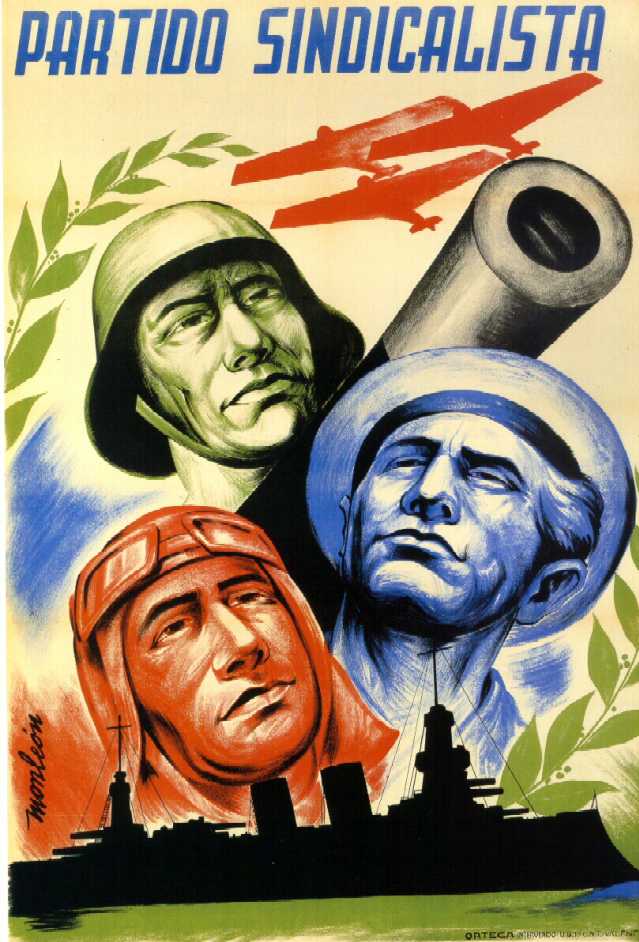|
|||||||||||||
By "means of production," I mean what I have said before in giving examples. I mean capital. To be more specific, I mean objects which, when operated, will produce products. For examples, I have cited factories, farms, mines, and the like. These are the means of production. They produce the products of society.
That is perhaps a rather gross exaggeration. Is the average worker in "freer countries" making more than the most rich in heavily Statist countries? From my understanding, the richest people on the earth tend to be the richest of the "Statist countries." But, though you may claim that life in Capitalism is better, you did not provide any resources for this claim. When comparing Cuba to the United States today, children who die under the age of 5, children mortality rate, child hunger, and other basic social factors are equal. [UNICEF, State of the World's Children, 1997.] The idea that Capitalism gives a greater "proportion of profits" is also equally absurd. Just what do you mean by prosperity? Prosperity for whom? In an article in Business Week entitled "The Problem Now: What to Do with All That Cash," it quotes "surging profits" that are "overflowing the coffers of Corporate America," but quietly, it states that there has not been a real increase is wages in the past fifteen years. Everything is expanding: the machinery, the technology, the profits, but one thing remains stagnant: the payrolls. Furthermore, you must consider that there are various factors determining prosperity, duration of life, proportion of profits, lessened corruption, etc.. Not everything is determined by a society's economic policy. Had I seen the mailman come just before it rained, would it be logical to conclude that the mailman is responsible for making it rain? Certainly not. And throwing all the "benefits" of a society solely on its economic policy is perhaps a remarkable demonstration of inability to discern cause and effect.
It is quite OBVIOUS that under Capitalism, the right to become wealthy by another's labor is not a legal crime. However, under Feudalism and slavery (yes, my "dubious historical association"), it was not a legal crime to disallow a person from leaving their land or doing exactly as their master told them. You have not, in any part of this debate, argued why Capitalism differs from Feudalism or slavery. When people argued against slavery, they were arguing against what was legal. And now today, while Communists argue against Free Enterprise, in several centuries -- if the Socialist Revolution is to come -- I understand that what our Corporations do will be regarded as "The Capitalist Crimes." Furthermore... The fact that I cannot demonstrate how Capitalism does not break the law (a rather absurd assertion) does not mean that it fails in its historical association of other systems.
An industrial society produces a social product (as Alexander Berkman put it, in his "The ABCs of Anarcho-Communism"). Through the division of labor, people are capable of producing more. Also, by the utility of laborsaving devices, people are capable of producing still more. I simply stated that no person should become wealthy from the labor of another, meaning that no means of production are to be privately owned -- in effect, making it impossible to become wealthy from the labor of another, a clear theme of my proposal.
I never stated that Statism makes people free. Quite the contrary, I am an Anarchist, and I have clearly expressed the belief that I believe in Democracy, and no other system of decision-making. When I stated that everyone should have an equal obligation to work, I was making a reference to the Capitalist class. That is, to say, the class of beings who do no work. Though it may be true that they are managers and CEOs, and the like, they do no productive work, only exploitative work. Also, I do not believe that children should be forced to work. I believe that they ought to be given an education, if they so decide to take that opportunity.
You did not provide statistics that stated this. You provided one statistics, one extremely vague one, stating that "the GDP of the freest nations are highest." And then, you stated that in one period of time, the wages of the workers rose with the profits of the companies they worked for. Comparing these two statistics, I can hardly see -- HARDLY SEE -- the idea that workers are paid all the wealth they produce. It is a remarkable stretch of the imagination.
|



